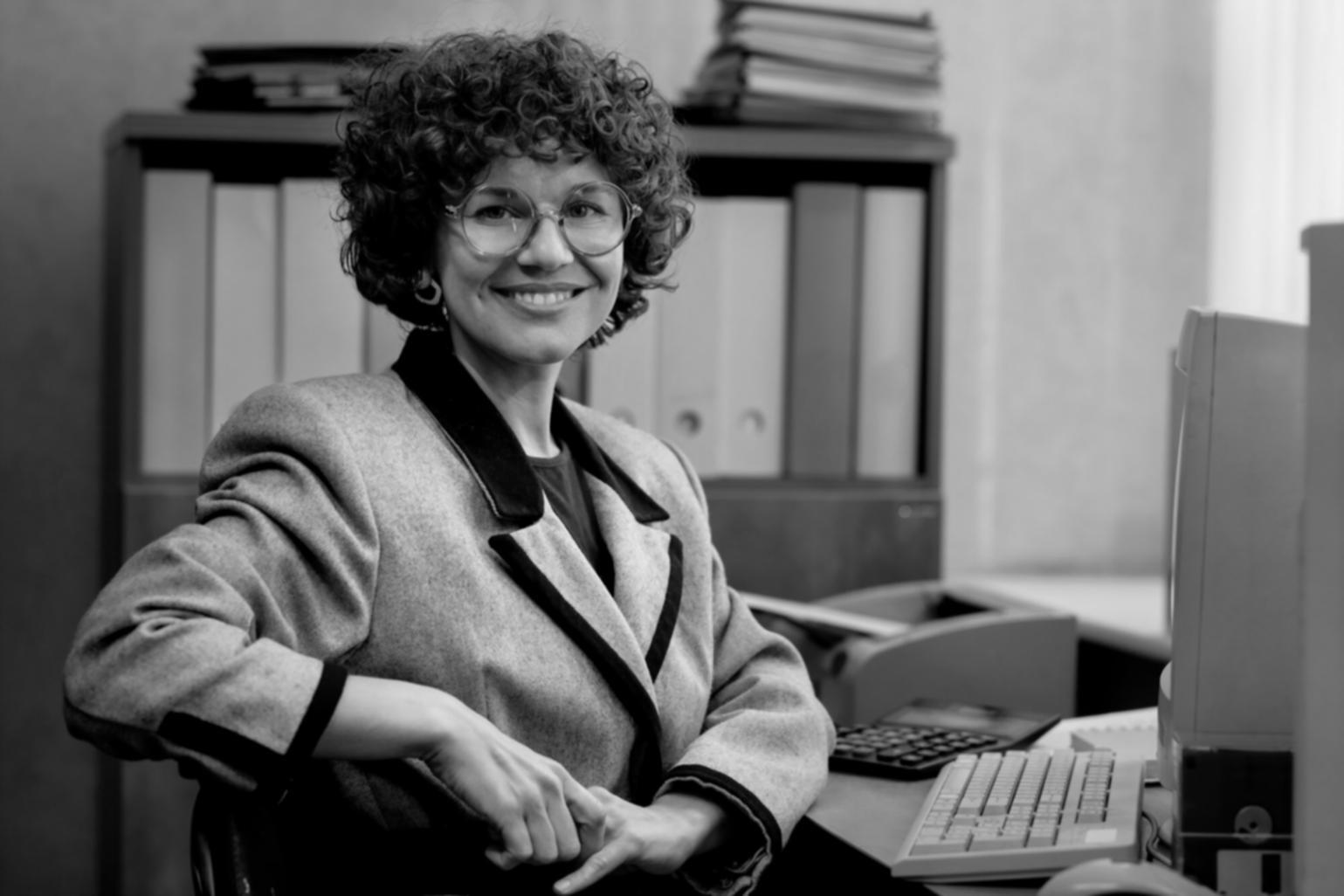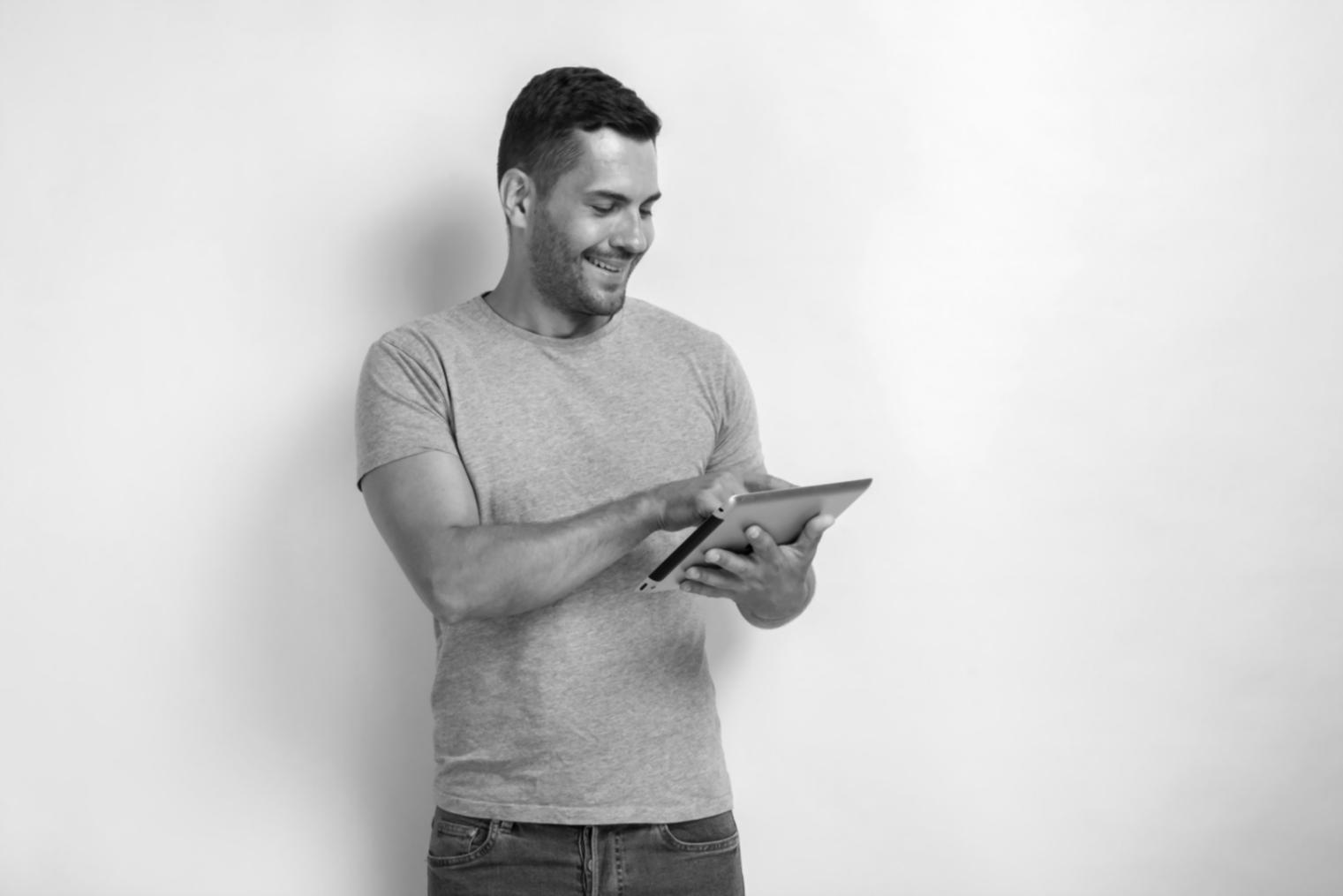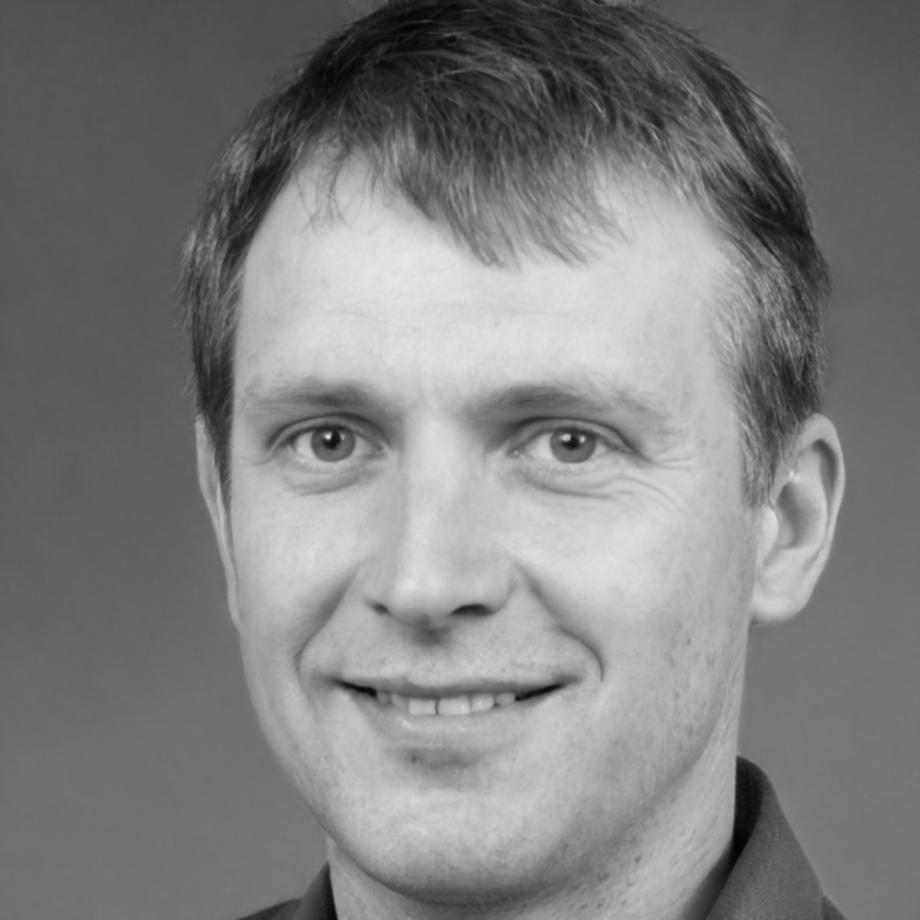When Your Money Story Needs Editing
Most of us carry beliefs about money we picked up decades ago. Maybe your parents argued about bills every Sunday night. Or perhaps you learned that discussing finances was somehow impolite.
These old scripts run quietly in the background. They influence decisions you make today without you even noticing. A client from Newcastle told me she'd been avoiding checking her bank balance for three years straight. Not because things were dire—she just felt anxious every time she thought about it.
Changing your money mindset isn't about positive thinking or vision boards. It's about identifying the specific thoughts that trip you up, then replacing them with something more useful.
Start by writing down what comes to mind when you think about your finances. The uncensored version. Then ask yourself where those thoughts came from. You'll be surprised how often they don't actually reflect your current reality.




